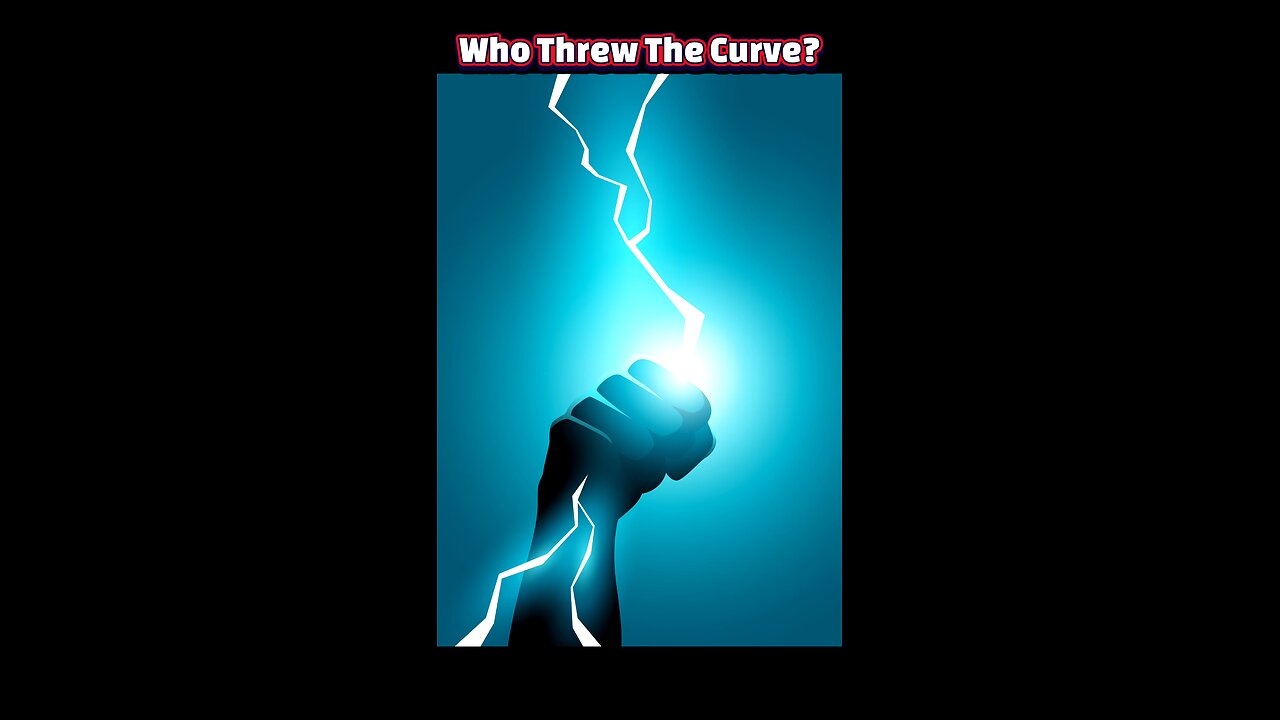Premium Only Content

Punish or Restore? The Real Story of God’s Justice
#GodsJustice #DivineJustice #RetributiveVsRestorative #RestorativeJustice #TheologyExplained #BibleStudy #FaithDiscussion #SpiritualGrowth #Forgiveness #Reconciliation #GodsMercy #JusticeAndMercy
God’s justice is often framed in human terms: punishment to show wrongdoing is wrong, a mirror of our “eye for an eye” instincts. Yet the Bible invites us to ask whether the divine character is primarily retributive—demanding exact punishment—or restorative, seeking healing and reconciliation. This tension has animated theologians and lay believers alike, challenging us to consider the balance between God’s holiness and His mercy.
Retributive justice in Scripture underscores the seriousness of sin and God’s intolerance for moral disorder. In the Old Testament law, principles like “an eye for an eye, a tooth for a tooth” (Leviticus 24:20) establish proportional accountability, ensuring wrongdoing is neither ignored nor met with excessive vengeance. These statutes reflect a God whose perfect righteousness demands that every offense be addressed in exact measure, both to uphold order and to deter future harm.
Restorative justice, by contrast, envisions God as the ultimate healer who mends broken relationships rather than merely administering penalty. The Year of Jubilee (Leviticus 25) illustrates this paradigm: debts forgiven, lands returned, families reunited. In the New Testament, Jesus embodies restoration—offering forgiveness to the adulterous woman, inviting Peter back after denial, and commissioning believers to “overcome evil with good.” This model focuses on repairing the damage of sin, reconciling offenders and victims, and renewing community bonds.
These two facets of divine justice are not mutually exclusive but complementary. The “Traditional Legal Model” views justice as satisfied only when the penalty is paid, highlighting God’s retributive side, while the “Biblical Healing Model” portrays justice as restoration to wholeness, emphasizing His restorative nature. In Christ’s atoning work, we see both: sin’s debt is paid (retribution) so that sinners can be transformed and restored to fellowship with God (restoration). Together, they reveal a God who honors justice without forsaking mercy.
Ultimately, God’s retributive and restorative dimensions converge in the cross. His holiness is upheld as sin is justly judged; His love is demonstrated as sinners are reconciled. For believers, this means embodying a justice that neither overlooks wrongdoing nor abandons the wrongdoer—extending forgiveness, seeking healing, and upholding accountability. In doing so, we echo the divine harmony of righteous judgment and compassionate restoration.
-
 30:50
30:50
Matt Kohrs
23 hours agoPlan B w/ Rahim Taghizadegan || The Matt Kohrs Show
15.6K -
 LIVE
LIVE
Wendy Bell Radio
6 hours agoWho Is More Illegal?
7,209 watching -
 28:53
28:53
Simply Bitcoin
1 day ago $2.53 earnedTeaching Bitcoin to 100 Million People | Dušan Matuška
18.6K -
 1:08:54
1:08:54
Chad Prather
15 hours agoHow To Stay Connected To God Amidst A Chaotic World!
27.1K17 -
 LIVE
LIVE
LFA TV
13 hours agoLIVE & BREAKING NEWS! | FRIDAY 10/24/25
2,045 watching -
 1:04:12
1:04:12
Crypto Power Hour
14 hours ago $7.98 earnedSolana Treasury Strategy w/ Joseph Onorati, CEO, DeFi Dev. Corp.
37.6K7 -
 22:53
22:53
Jasmin Laine
19 hours agoCarney’s Speech BACKFIRES Spectacularly—Liberals PANIC on National TV
20.9K26 -
 1:38
1:38
Jeff Ahern
14 hours ago $4.23 earnedThe Mamdani Effect
20.3K2 -
 3:59:27
3:59:27
The Bubba Army
1 day agoNBA BETTING SCANDAL! - Bubba the Love Sponge® Show | 10/24/25
23.2K -
 8:01
8:01
The Gun Collective
16 hours agoBEST new 2011 in 2025? -- Kimber 2K11 Pro Honest Review!
26K3